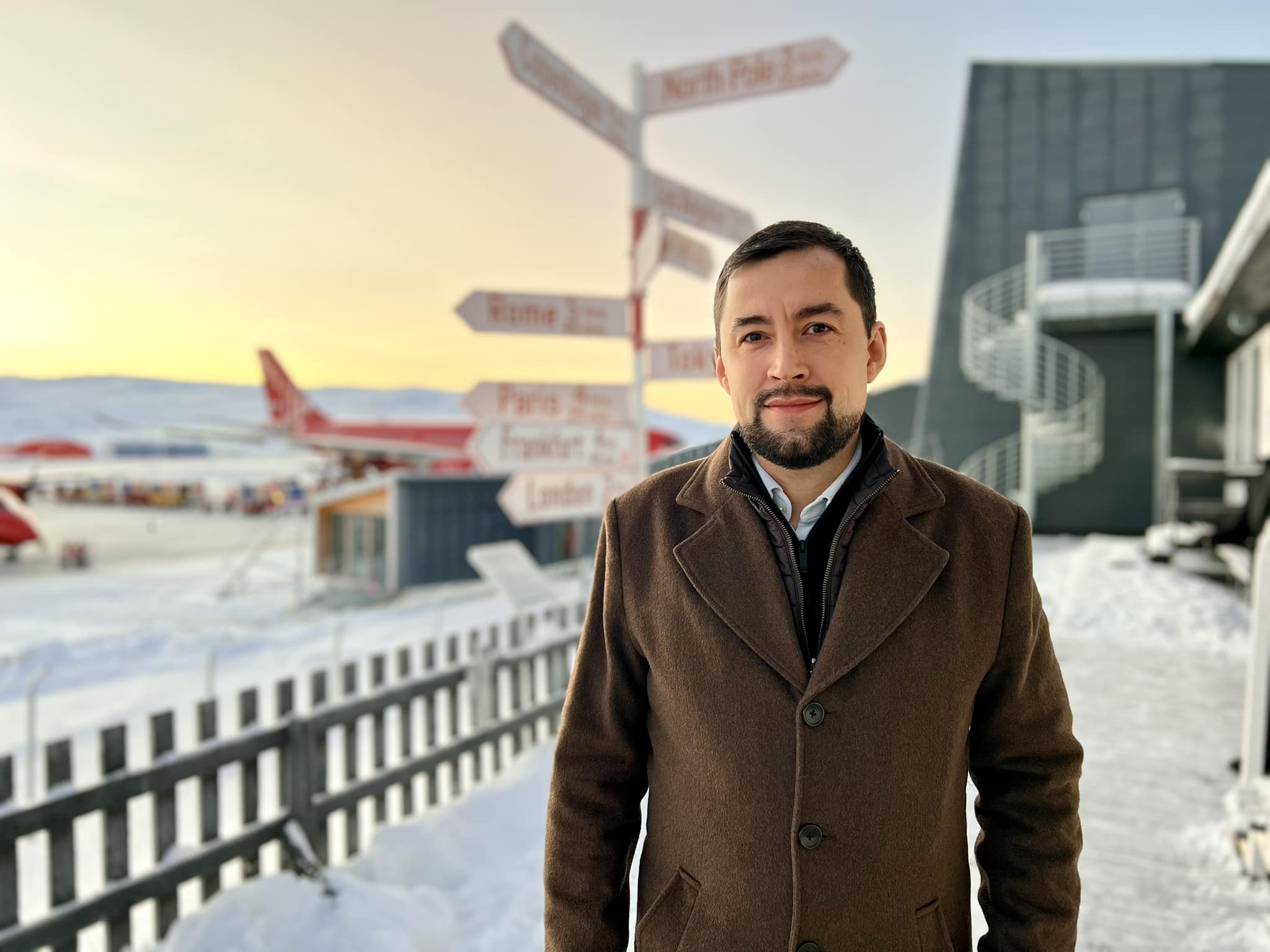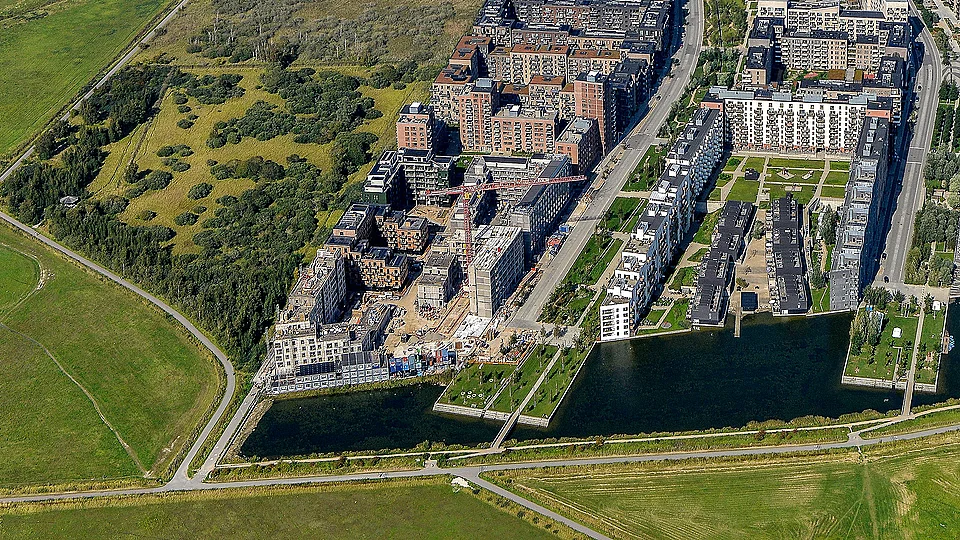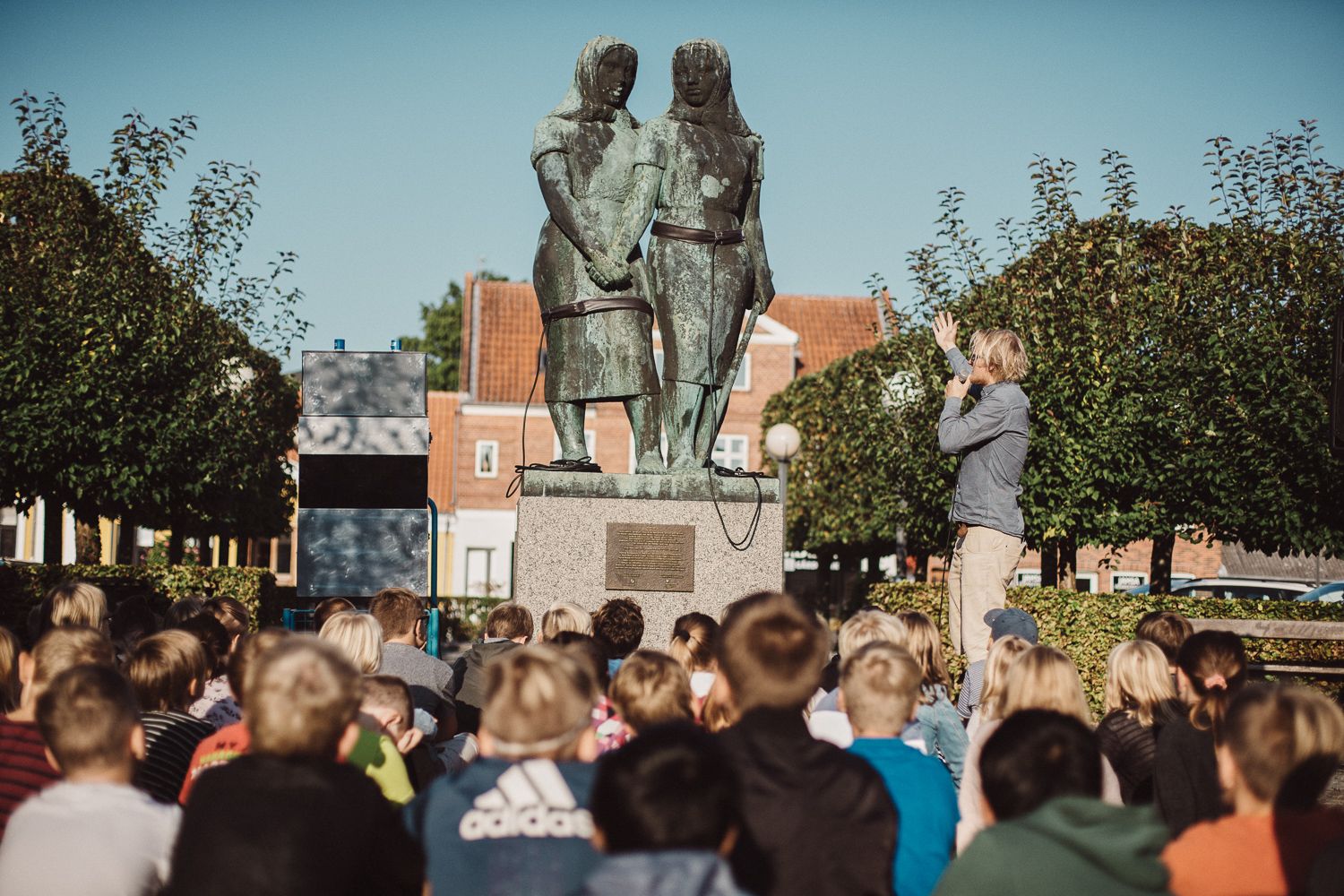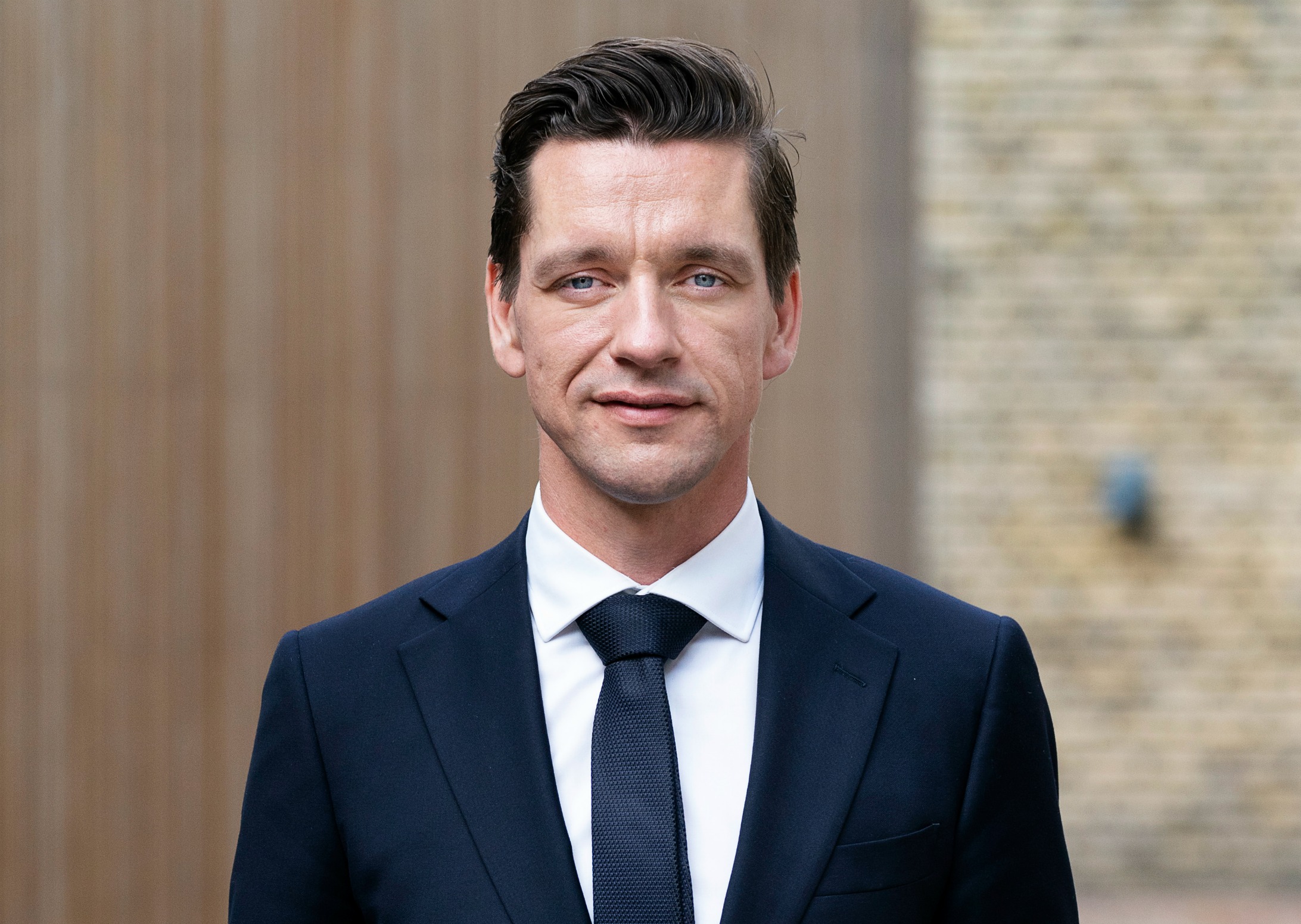Two separate issues in recent days brought into sharp focus the deep divisions and complicated nuances surrounding the language used to discuss immigrants in Denmark.
On Thursday night, police were forced to break up a fight outside of a screening in Korsgadehallen in Nørrebro of a new film about the harsh tone of the language used to discuss immigration.
Things remained relatively peaceful inside the packed hall during the screening of the 30-minute film, 'Ordet Fanger' by journalist Helle Hansen and during the debate that followed.
One of the panellists, Manu Sareen (Radikale), the minister for gender equality and churches, said that he agreed with the film’s premise that the tone surrounding the immigration debate is too harsh.
"I regret that we have not stopped this rhetoric and come together as Danes,” Sareen said.
Morten Messerschmidt (Dansk Folkeparti) said that he disagreed with restricting the tone of the dialogue.
"It is free speech," said Messerschmidt. "If you restrict speech, extremism can take over."
Messerschmidt was greeted as he made his way into the hall with signs that said, “Messerschmidt out of Nørrebro” and shouts of “Nazi".
A group of about 100 people gathered outside the hall after the event. A small bunch of locals turned on a group of four Messerschmidt supporters – reportedly members of the anti-Islamic Danish Defence League (DDL) – and began pelting them with rocks and bottles while shouting, “Nazis".
Police were already on the scene in riot gear in anticipation of possible problems stemming from the event and quickly drove the four DDL members away. The locals threw rocks at police as they attempted to break up the riot.
Order was restored quickly and no arrests were made.
Meanwhile, a headline in a local newspaper from last week may have revealed the continued need to discuss the use of language.
The headline from the Dagbladet Roskilde of April 18 trumpeted: “Neger stjal bil fra 80-årig” (N****r stole car from 80 year-old).
The article was picked up by several Danish news services and the headline was the subject of much debate. The integration minister, Karen Hækkerup (Socialdemokraterne), criticised the wording on her Facebook page. She has since removed her original post, explaining that the comments she received were nothing she wanted on her Facebook page.
“It was hateful and racist," Hækkerup wrote. “It is appalling that people write things like that – or that they believe it.”
Dagbladet Roskilde’s editor, Steen Østbjerg stood behind his decision to use the word.
“It was a conscious choice," Østbjerg told Journalisten.dk “I do not think that it is an offensive word. If he had been a redhead, I would have written that. If he had been bald, I would have written that.”
Apparently the website sn.dk, which picked up the original article, thought better of using it. As this story was being written, they dropped the 'Neger' headline and went with 'Black man steals car from 80 year-old'. The original headline can still be seen at news.dk.













